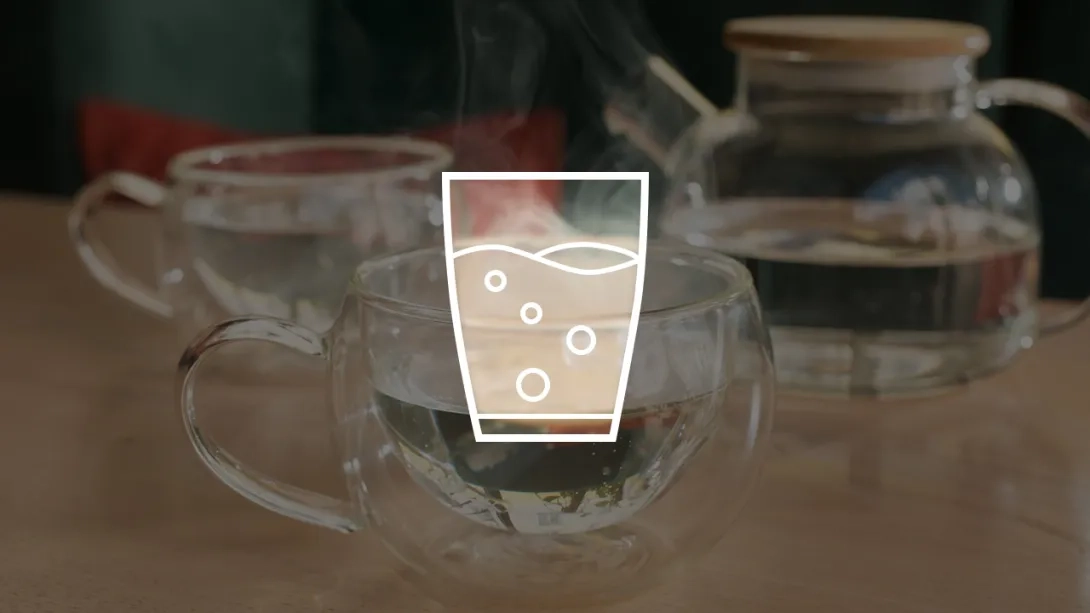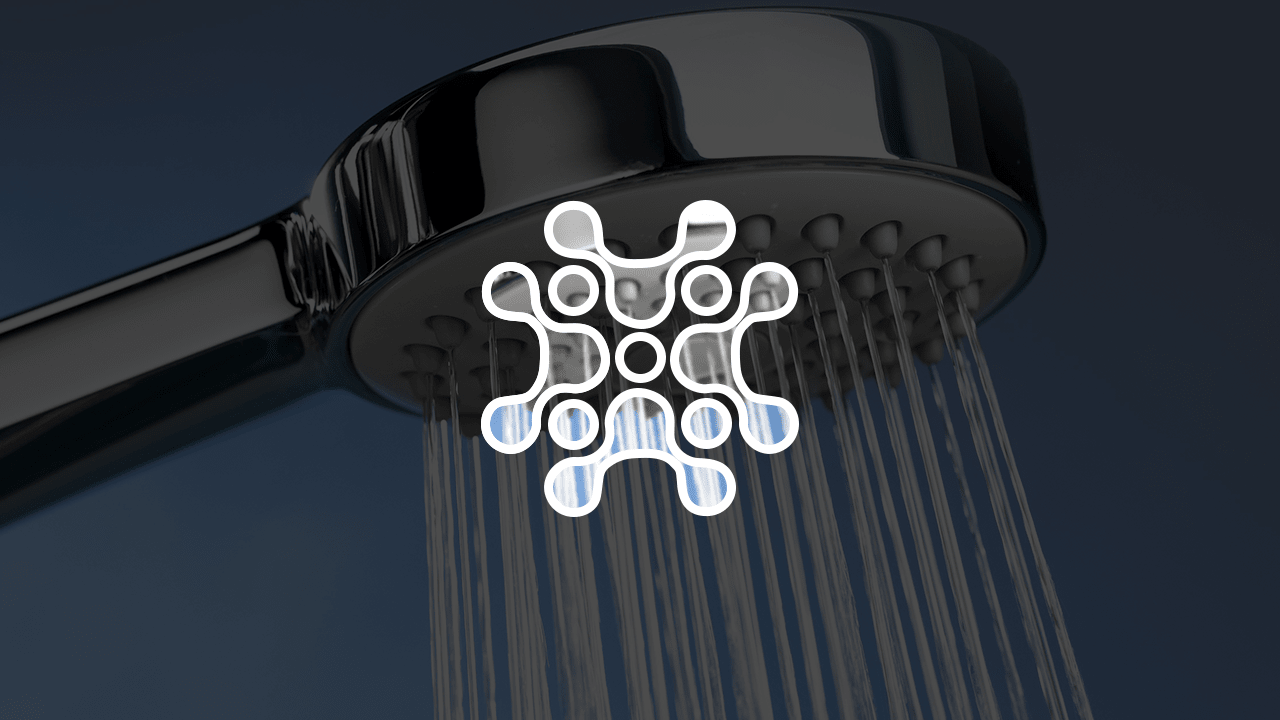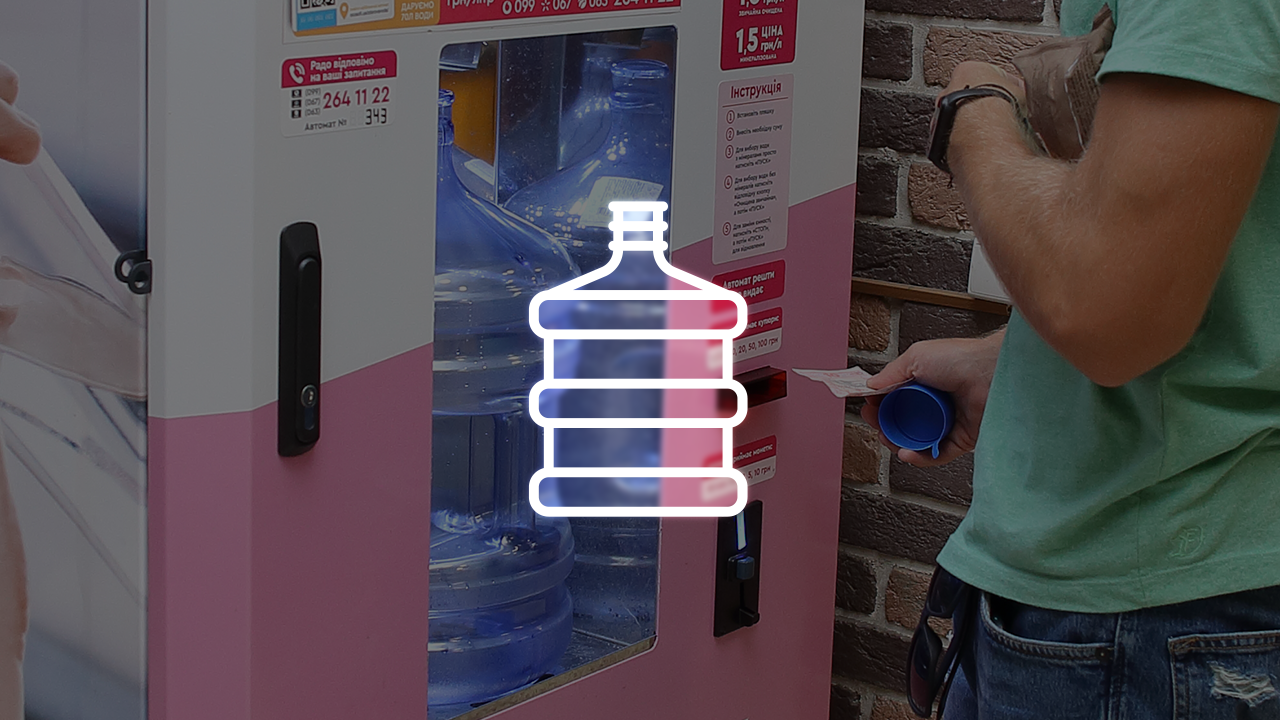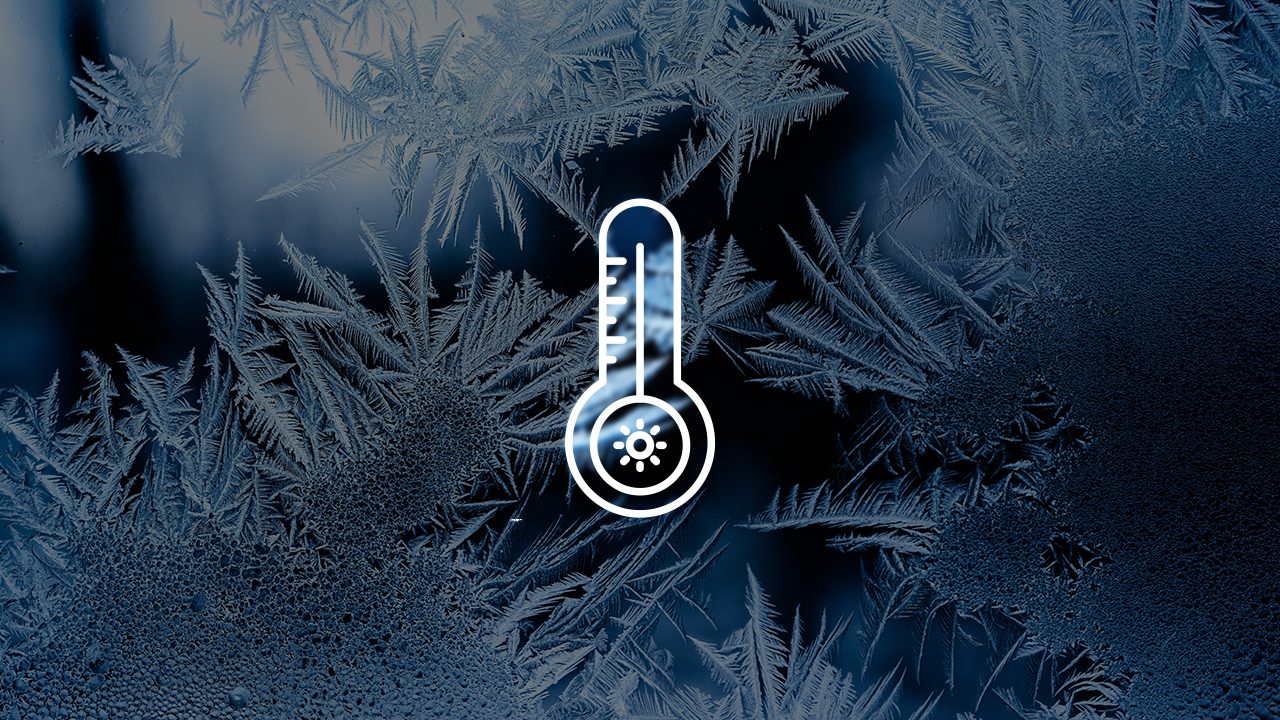Today, we will try to figure out whether drinking warm water in the morning is beneficial. Various online sources claim that warm water almost has miraculous properties — relieving pain, removing toxins, aiding weight loss, improving circulation, and speeding up metabolism. As we know, many of these claims are related to proper rehydration, which is characteristic of any water. Therefore, we examined what scientists say. Fortunately, some studies discuss the effects of drinking warm water on the human body. Unfortunately, there are not many of them, but they do provide some insights.
Rehydration

People can drink warm tea or water to quench their thirst and, of course, receive the necessary hydration. Moreover, cold water consumption decreases during cold weather. However, during physical exertion and in hot climates, drinking warm water and other hot beverages is not recommended, as it can actually accelerate dehydration, increase fatigue, and reduce cognitive abilities. This is because drinking warm water in hot weather or during physical activity is psychologically uncomfortable, while chilled water encourages higher fluid intake, thereby reducing the risk of dehydration.
Benefits of hot water and tea for colds

A study examining the relationship between mucus formation in the nasopharynx and the consumption of cold and hot water, as well as chicken broth, found that cold water is less effective at thinning mucus and clearing nasal passages than hot beverages. Therefore, drinking warm water and other hot beverages does make sense when fighting a cold.
Another study also points out that room-temperature fruit tea slightly reduces symptoms of a runny nose, sneezing, and coughing, while hot fruit tea helps alleviate fatigue, chills, and improves overall well-being. In this case, scientists attribute the high effectiveness partly to psychological effects.
Warm water during coronavirus

The supposed benefits of warm water during COVID-19 are a myth, spread via "chain messages" on social media and lacking scientific evidence. Yes, the virus is indeed almost non-viable in warm water, but this applies to water supply systems and surfaces. Once the virus enters the mouth, nose, or eyes, it does not "live in the throat for 12 hours and then slowly move on." Instead, it quickly penetrates the mucous membranes and begins to multiply in the human body.
Can a glass of warm water help you warm up?

Who would deny that warm drinks help warm you up in the cold? Whether this effect is psychological or physiological, scientists have studied it. One study showed that consuming hot liquids at a temperature of 52°C reduces heat dissipation and decreases shivering in the cold. Therefore, taking a thermos of tea or buying coffee for a long winter walk is a great idea.
Does warm water in the morning boost metabolism?
There are no scientific studies confirming this claim. The only proven fact is that drinking warm water for several hours after gallbladder surgery improves overall well-being and reduces bloating.
Warm water can also reduce symptoms of achalasia, where swallowing becomes difficult due to nervous system issues.
As for speeding up digestion and metabolism, there is no data to support this. The explanation is actually simple: to ensure all body systems function properly, you need to consume enough fluids. In this case, drinking warm water on an empty stomach in the morning makes sense, as many people struggle with drinking enough water throughout the day. Two glasses of 250 ml each already account for a quarter of the daily water intake.
Why drink warm water with baking soda?

We do not know why it is necessary, and neither does anyone else. Drinking water with baking soda is recommended for treating all sorts of ailments, but it is not effective. We have previously written about alkaline water in general.
Important!
According to research, there is nothing inherently wrong with warm water, just as there is nothing wrong with various teas or simple unheated water. However, it is important to consider a few points:
Do not use tap water for drinking or preparing beverages, as it contains many impurities that are harmful to humans.
The maximum safe temperature for water and beverages that does not cause burns to the mouth and esophagus is 52°C.
It is better to avoid warm water and beverages during hot weather.








